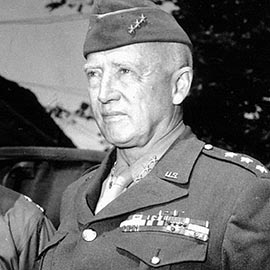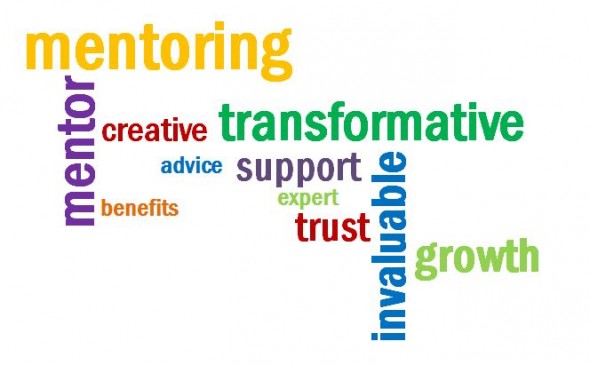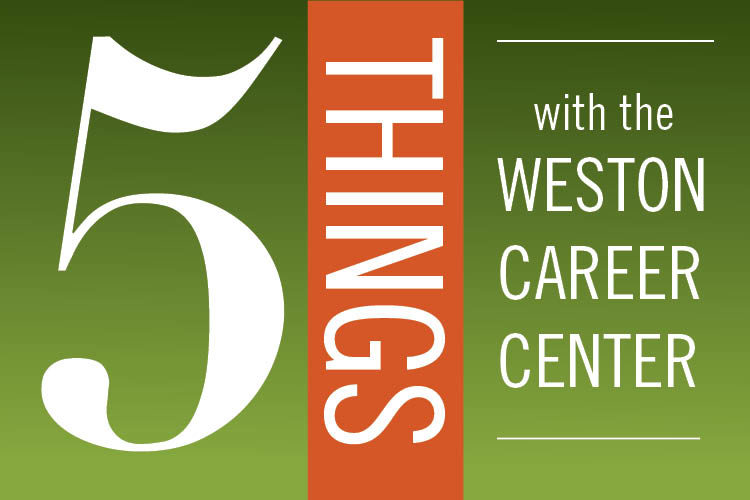I recently saw this quote by George S. Patton: “A good plan today is better than a perfect plan tomorrow.” In my opinion, Gen. Patton, often regarded as one of the most successful United States field commanders of any war, knows what he is talking about.

Gen. George S. Patton
Planning—sometimes embraced, sometimes feared—is typically top of mind for most of us as we start off another year. We start making lists of things to accomplish. Many of us think of these as New Year’s resolutions. Last January in my blog “Begin to Begin,” I suggested a few ways to begin the New Year. Unfortunately, I did mention organizing my basement in that blog a year ago and alas, it is still on my list!
From a career perspective, you might be in the planning mode too. Planning to change careers? Planning to relocate, and need to find an opportunity you can sink into? Planning to finish a certification you have been working on? Are you putting it off because the plan wasn’t perfect? Whatever the plan is, it is important to remember that you will never have an absolute 100% fool-proof, water-tight plan. So don’t wait for the “perfect plan” to start moving forward. Gen. Patton’s words about having a “good plan” versus the “perfect plan” should appear above our heads in an imaginary thought cloud each time we start to question if we have covered all the bases. I can almost guarantee we haven’t thought of everything. The plan is, however, good enough to get started working.
If you are changing careers, have you assessed the areas you are passionate about and that you like to do? Can you make a living at it? Have you researched companies that support the type of role you are searching for? If you are relocating, have you started identifying people that can help you in the new location? These are just some items on the “plan.”
For me, I like six month plans that are a bit more detailed within a five-year overall horizon. I know I will tweak both the short-term and long-term plans. They are “good” plans, just not “perfect” plans. I don’t know every twist and turn life will take to make it a perfect plan. But I know it will get me going.
Please don’t forget the doing part. It isn’t only about planning. The plan gets you moving toward your goals, but you still need to execute. You still need to do something. Whatever it is, don’t just plan it—do it. (I am sure my brother would quote Yoda here! So here it is. Do. Or do not. There is no try.)
Looking forward to 2017, give yourself permission to have a “good plan,” not the “perfect plan” and you will make great strides towards you goals. Write out the plan, review it, update it, and acknowledge your progress and where you need to focus. Take it from The Old Man, don’t wait for perfection—you will be waiting a long time.
This post originally appeared on LMHAdvisors. In addition to LMHAdvisors, Lisa Hebert serves as a Career Advisor specializing in supply chain, consulting, and Olin’s veteran student population.





 Many folks know which direction they will head going forward. Some people will pursue a specialty track such as Finance or Marketing. Others will take a more general approach to the degree. Personally, I’m on the fence and still exploring my options, though it’s a tight race between Finance and Consulting.
Many folks know which direction they will head going forward. Some people will pursue a specialty track such as Finance or Marketing. Others will take a more general approach to the degree. Personally, I’m on the fence and still exploring my options, though it’s a tight race between Finance and Consulting.

